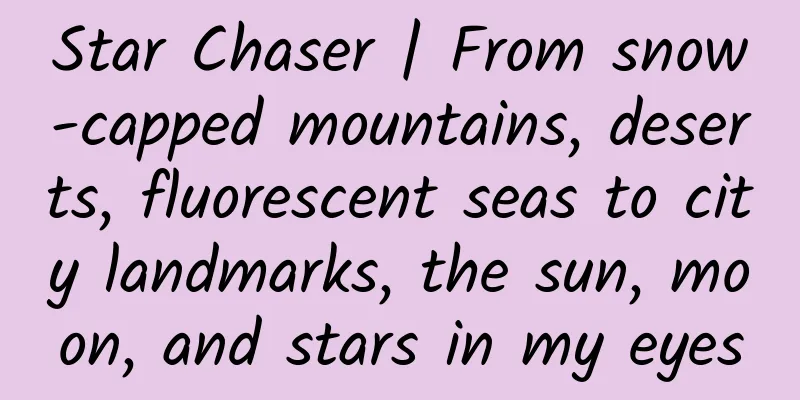The efficacy and function of Lushan Pyrola

|
Lushan Stone Wei is a very nutritious and precious medicinal material. Eating Lushan Stone Wei regularly can have very good effects and functions. So how should we eat Lushan Stone Wei? What specific benefits can eating Lushan Stone Wei bring to our body? We need to understand some professional knowledge of Lushan Stone Wei to answer these questions. 【English Name】 Shearer's Felt Fern Leaf 【Other name】 Pyrola dahurica, Pyrola glabra [Source] It is the leaves of Pyrrosia sheareri (Bak.) Ching, a plant of the Polypodiaceae family . [Original form] Perennial herb, 30 to 60 cm tall. The rhizome is thick, horizontal, densely covered with lanceolate scales with eyelashes on the edges of the scales. The leaves are of the same shape, clustered, hard and leathery, hairy or glabrous only along the veins on the upper side, with fine and irregular pits, and forked, short and broad yellow star-shaped hairs on the lower side; the petioles are thick and attached to the rhizome at the joints; the leaf blades are broadly lanceolate, 20 to 40 cm long and 3 to 5 cm wide, gradually tapering towards the apex and slightly widening towards the base, with unequal auriculate shapes; the lateral veins are slightly concave on both sides. The sori are small, arranged in multiple rows between the lateral veins, and have no cap. [Habitat distribution] Growing on rocks and tree trunks. Distributed in provinces and regions south of the Yangtze River. [Properties] The leaves are slightly wrinkled, and when flattened, they are entire and the edges often curl inward. The upper surface is yellow-green or gray-green, scattered with small black round pits; the lower surface is densely covered with reddish-brown star-shaped hairs, and some of the lateral veins are covered with brown dot-like spore sori. The petiole is four-sided, 10-20 cm long, 1.5-3 mm in diameter, slightly twisted, and has longitudinal grooves. The leaves are leathery. It has a faint smell and a slightly astringent and bitter taste. 【Chemical composition】 Contains isomangiferin, fumaric acid, caffeic acid, saponins, anthracene glycosides, flavonoid glycosides and tannins. [Functions and indications] Same as Pyrola. 【Excerpt】 《*Dictionary》 It can be seen that the medicinal value of Lushan Sphyllaria is still very obvious. However, not everyone can use Lushan Schizonepeta. We can judge based on our own physical condition. |
<<: The efficacy and function of reed flowers
>>: The efficacy and function of dew grass
Recommend
The efficacy and function of bitter osmanthus fruit
The fruit of bitter buckwheat is a famous traditi...
Understand "International Customs Day" in 80 seconds!
I am Dongdong Miao, International Customs Day is ...
Your complexion is like a color palette. Don’t ignore the health signals your body sends you!
In traditional Peking Opera, different characters...
What are the traditional Chinese medicines for liver protection and nourishment?
Alcohol can cause great harm to our liver. You ca...
Is it better to replace the phone than the battery? What should I do if the battery life gets worse?
Mobile phones have become an indispensable part o...
A 5.2-magnitude earthquake occurred in Baoshan, Yunnan! Transfer! An effective guide to escaping and self-rescue in the event of an earthquake
A 5.2-magnitude earthquake occurred in Longyang, ...
Why do onions, ginger and garlic have such magical powers to remove fishy smell and enhance fragrance?
Key Points ★ The flavor substances emitted from o...
Why can airplane wings, which are so thin, support engines weighing dozens of tons?
The main components of the wing include ribs, spa...
Shapers of Earth's history: Are meteorites "destroyers" or "midwives"?
Tuchong Creative In the long history of the Earth...
The effects and functions of Vitex rotundifolia leaves
The development of Western medicine has brought s...
The bridge deck of a highway in Hubei overturned. From a professional perspective, here is a guide: Are single-column pier bridges safe?
At about 3:36 pm on December 18, a rollover accid...
Science poster: How does an infrared forehead thermometer measure body temperature?
Science poster: How does an infrared forehead the...
What is the role and efficacy of licorice
Many people like to call licorice hay. As a peren...
The efficacy and function of tortoise shell
Any kind of medicine has a good effect in treatin...
The efficacy and function of bighead carp
I don’t know if you are familiar with bighead car...









